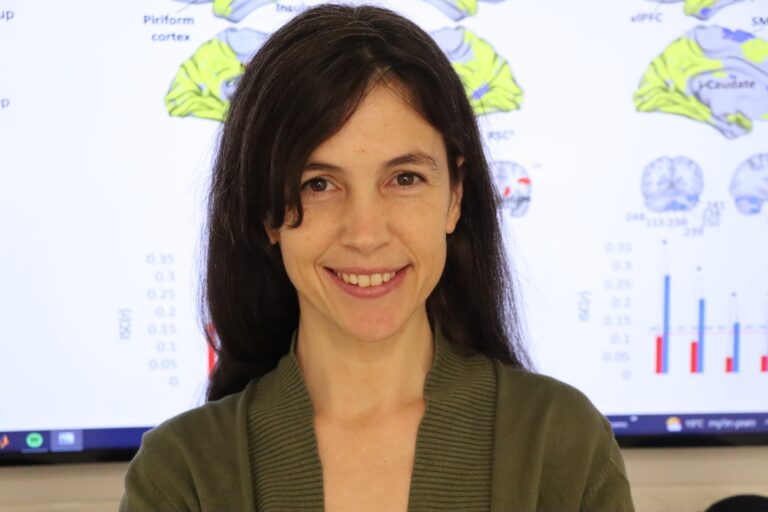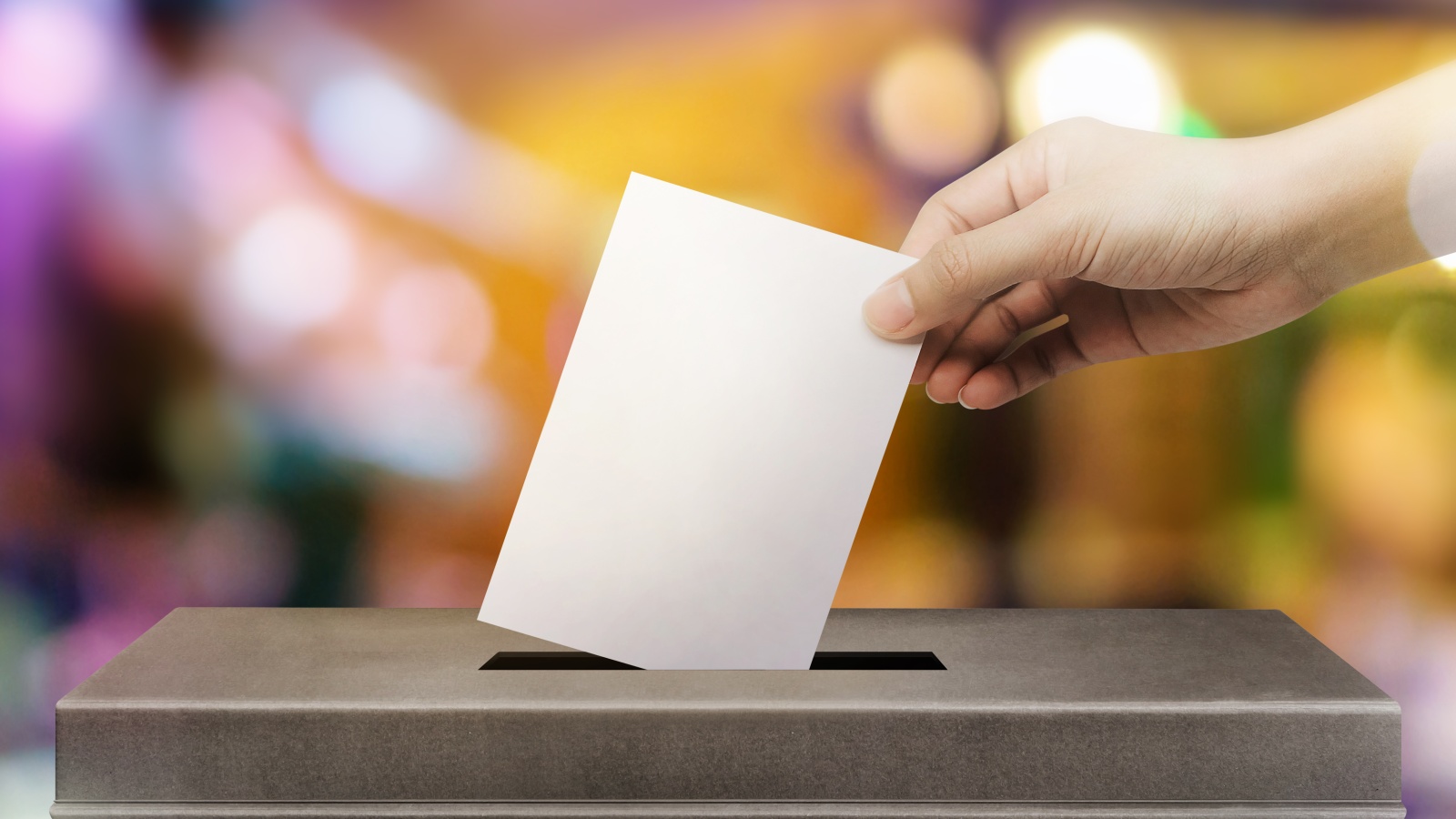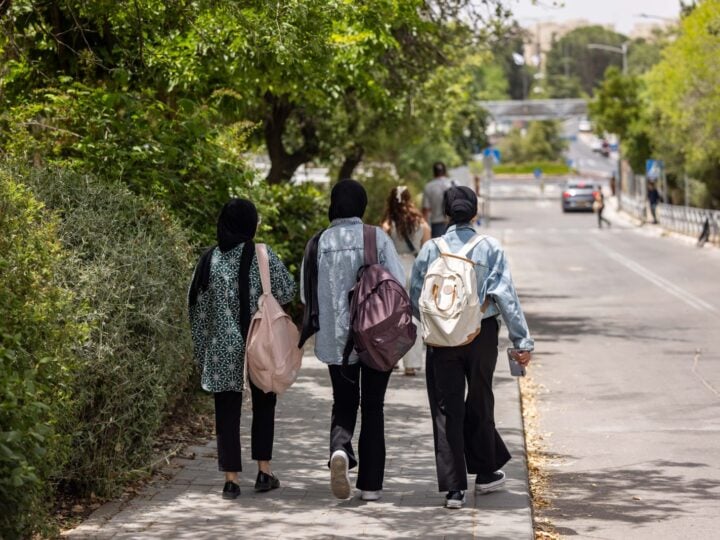At a time when Israeli politics are even more turbulent than usual, a new study reveals that political orientation can be predicted by differences in brain activation and synchronization.
The study, conducted at Tel Aviv University and published in the Journal of Neuroscience, scanned the brains of dozens of politically involved people while they watched campaign ads and speeches by parties from both ends of the Israeli political spectrum just before one of the last rounds of elections.
Magnetic resonance imaging (fMRI) brain scans of the participants – half of whom were left-wing and half of whom were right-wing – showed that political-dependent differences in the brain response emerged in early brain regions, such as those involved in vision and hearing.
Not only that, but the researchers discovered that the response in these regions was enough to predict a person’s political views.

“The research clearly showed that the more the subjects were politically aligned with a certain group, the more their brain response was synchronized, including in motor and somatosensory areas, that is, those areas of the brain that are active when we move or feel things with our senses,” said researcher Yaara Yeshurun.
“Intriguingly, it was not necessary to examine the activity in ‘higher’ brain areas – areas that are involved in understanding why a certain character did something, or what that character thinks and feels — in order to predict participants’ political views. It could even be done by examining an area of the brain that is responsible for seeing or hearing.”
This could be because the participants chosen for the study were politically involved and because the experiment took place only weeks before the elections, when feelings ran very high.
“This is the first study to show political-dependent brain activity in early sensory and motor areas, and it can be said that at the most basic brain level, rightists and leftists in Israel literally – and not just metaphorically – don’t see and hear the same things,” Yeshurun noted.
“I think that if we try to understand how people who hold opposite political views to ours experience the world, we might be able to conduct a slightly more effective public discussion that can hopefully attenuate the current political polarization.”
Fighting for Israel's truth
We cover what makes life in Israel so special — it's people. A non-profit organization, ISRAEL21c's team of journalists are committed to telling stories that humanize Israelis and show their positive impact on our world. You can bring these stories to life by making a donation of $6/month.









